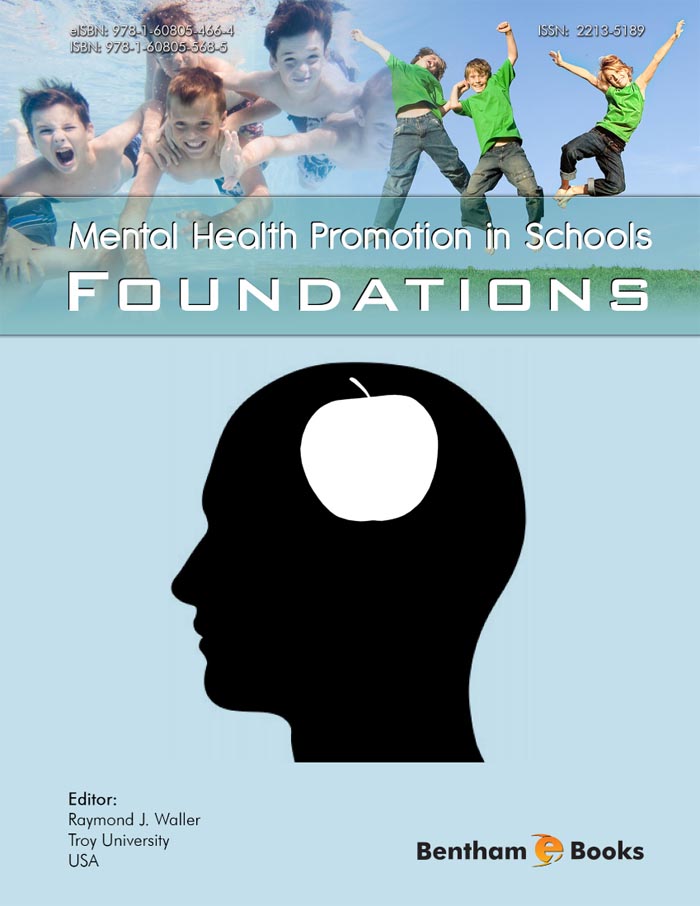Preface
Wide agreement exists among those in mental health and allied fields that mental health needs are increasing and that needs far exceed the resources needed to address them. This is true, perhaps especially, for children. This public health tragedy is made more poignant by virtue of the availability of effective interventions for many mental health conditions. Even if the resources were obtainable for the treatment of those with mental health conditions, however, successful intervention does not prevent the stigma, syncopation in development, social isolation, cost incurring, and other potential negative outcomes associated with both the conditions and the labels applied in the process of typical treatment. Prevention of the incidence of these disorders (primary prevention) is thus clearly preferable to treatment (secondary prevention) or amelioration (tertiary prevention).
Among the more practical and effective tools in pursuit of this goal is mental health promotion, and there is a broad and expanding appreciation for the school being a foremost focal point of attention and intercession. The school setting offers many advantages, two of the most prominent being:
-
Universality of access: compulsory education laws ensure that children in wealthy countries—and in many economically developing nations, as well—are required to attend school, and
-
School already promotes, and some would contend in a manner consistent with the quality commensurate with best practices, health and health behavior. Broadening this endeavor to include promoting mental health is a manageable, though logical, modification to current goals and curricula.
This book, the first in a planned series, includes issues and considerations deemed to be fundamental in successful mental health promotion in the school setting. The scholarship of experts and premier practitioners has been sought in providing the most progressive knowledge currently prevailing throughout in the area. There are now professional journals dedicated to the topic (e.g., Advances in School Mental Health Promotion) as well as prestigious centers of research and practice (National Center for Mental Health in Schools at UCLA and Clifford Beers Foundation). There are likewise numerous texts on the subject (e.g., Waller, 2006). However, this book and the subsequent installments in the series are believed to be unique in the scope offered in one resource, though there are undoubtedly numerous topics of importance that are not covered. In any case, the topic is worthy of the level of attention it now receives, but in dissemination of the current state of the knowledge base and in the continued inquiry into the gaps in what remains unknown. Continued investigation will uncover unknown and ensure that needs and best interests of children are supported by the best research, policy, and practice that society can offer.
It is fair and right to acknowledge the help, assistance, and patience of Miss Asma Ahmed at Bentham Science eBooks, who has supported and guided this project from the outset. It is likewise imperative to thank, with a heart of respect and appreciation, the scholars and practitioners who contributed their time and expertise, with little offered in return except a means to further disseminate their valuable work and my personal gratitude.
Raymond J. Waller
Associate Professor and Director
Social Work, Human Services, and Rehabilitation
Troy University-Dothan
USA

